This is the new Peugeot e-Partner. It’s an all-electric version of the standard panel van, which has been fitted with the same electric motor and battery pack as the larger Peugeot e-Expert. It’s designed to rival the Nissan eNV200 and Renault Kangoo ZE.
Like the e-Expert, the e-Partner is based on a modified version of Peugeot’s EMP2 underpinnings, which means it uses the same electric motor and 50kWh battery pack as the larger van. The motor has an output of 134bhp and 260Nm of torque, which is enough for a 0–62mph time of 11.2 seconds and a top speed of 81mph, while maximum range is quoted at 171 miles.
- SEE MORE Best electric vans 2021
Peugeot has also retained the e-Expert’s powertrain modes, giving drivers three options to choose from. Eco mode limits the motor’s output to 80bhp, which Peugeot says will help conserve the battery’s charge. Normal is designed for everyday driving and increases the motor’s power to 107bhp, while Power mode unlocks the system’s maximum performance.
As it shares the same electrical architecture as the e-Expert, its charge times are identical. An 80 percent top up takes just 30 minutes when plugged into a 100kW fast charger, while a full charge takes around five hours when connected to an 11kW wall box.
As the battery pack is mounted under the van’s chassis, Peugeot has managed to squeeze its electric powertrain into the Partner without compromising its practicality. The standard wheelbase model shares the same 3.8 cubic metre cargo bay as the diesel van, as does the long wheelbase variant, with its 4.4 cubic metre capacity.
The e-Partner can also carry a maximum payload of 800kg and tow a maximum weight of 750kg. There’s also a new overload indicator for the dashboard, which indicates to the driver when the van is nearing its maximum weight capacity and delivers a warning when it’s carrying more than it can handle.
Other safety equipment includes a trailer stability control system, autonomous emergency braking, a blind spot monitoring system, hill start assist and Peugeot’s Advanced Grip Control system, which has five settings for different weather and terrain conditions.
Inside, the e-Partner comes with a touchscreen infotainment system and semi-digital gauges, although a 10-inch fully-digital gauge cluster can be specced as an optional extra. The central screen features a range of new graphics which provide the driver with details on the powertrain’s charge state, range and regenerative braking.
As with the diesel van, this electric model features a handy load-through flap, which allows items up to 3.4 metres long to be carried flat. The standard cabin has seating for three – although the bench is modular, meaning the centre seat can be collapsed to create a mobile office. The seat also has a tablet computer built into the backrest.
The Peugeot e-Partner is expected to go on sale in the UK during November this year, joining the Vauxhall Combo-e and Citroen e-Berlingo in the newly formed Stellantis stable. Prices for all three models are yet to be confirmed.
What do you make of the new Peugeot e-Partner? Let us know in the comments section below…
from Sitewide RSS feed https://bit.ly/3pk3eyZ
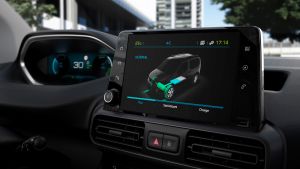
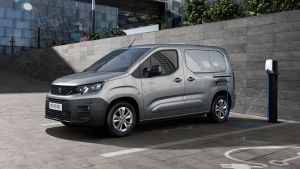
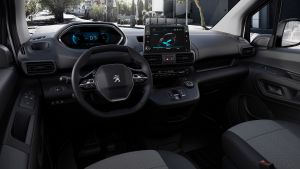
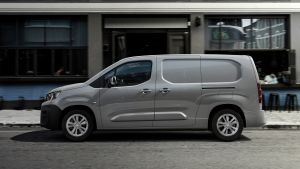
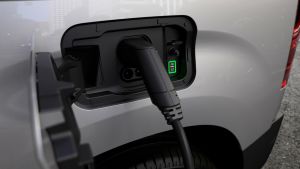
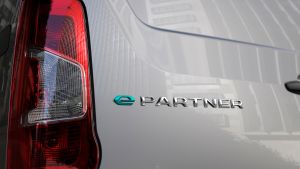
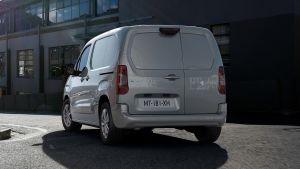
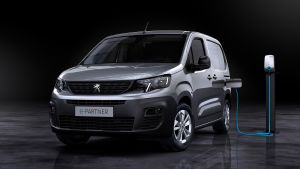

Comments
Post a Comment